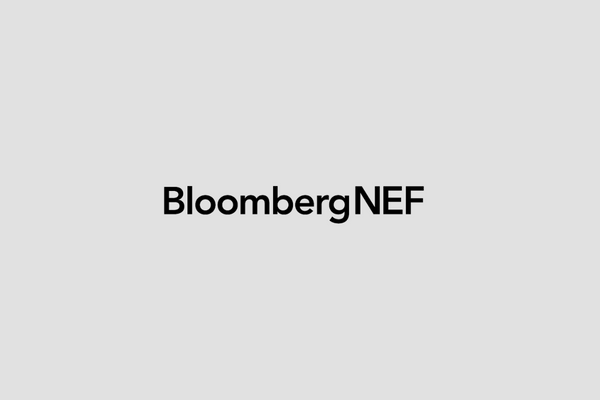London — Canada has overtaken China for the top spot in BloombergNEF’s (BNEF’s) Global Lithium-Ion Battery Supply Chain Ranking, an annual assessment that rates 30 countries on their potential to build a secure, reliable, and sustainable lithium-ion battery supply chain.
This marks the first time China has not claimed the number one position. Canada’s consistent manufacturing and production advances, and strong ESG credentials, have helped it become a leader in forming the battery supply chains of the future.
Strong integration with the U.S. automotive sector means Canada is also a big winner of the ‘friendshoring’ ambitions of the Inflation Reduction Act. The country’s position in BNEF’s ranking is propelled by policy commitment at both the provincial and federal level.
While China still has the strongest established supply chain, the increasing importance of sustainability across the lifecycle of lithium-ion batteries means the region must take a more proactive approach to tackle ESG issues to benefit its supply chain in the long term.
Overall, North America’s supply chain has been excelling due to strong policy commitment and implementation, with Canada and the U.S. claiming two of the top three positions.
Mexico, the only country to make progress in all supply chain categories assessed by BNEF, rose an impressive nine positions in the ranking to 19th. Scaling up a domestic electric vehicle industry will be difficult for the nation, though existing mining and automotive activities are good starting points.
The U.S. IRA has played a crucial role in boosting Mexico’s prospects when it comes to the EV and energy storage sectors, but the government will need to actively support the budding sector to make these improvements sustainable.
Kwasi Ampofo, BNEF’s Head of Metals and Mining, said, “Global investment in the clean energy supply chain, including equipment factories and battery metals production, hit a new record at $135 billion this year. That said, trade relations will be an interesting factor to monitor in 2024, as foreign policy efforts in the U.S. and EU continue to make it difficult for international companies to operate in major markets like China.”
Additionally, all African countries included in the ranking – South Africa, Morocco and the Democratic Republic of the Congo – improved their upstream presence.
Recognizing the opportunity in their rich mineral deposits, African nations have worked with global partners to expand their mining sectors and start new manufacturing facilities.
To ensure local supply chains can emerge, countries in the region need to continue to maximize the value-add steps like metals refining and battery precursors in their materials value chain.
South and Southeast Asia have seen the most improvement compared to last year, with India and Indonesia leading the way for supply chain growth.
As previously announced projects start to be commissioned through the year, the region’s momentum is expected to continue, leading to an adjustment in the global supply chain.
Ellie Gomes-Callus, Metals and Mining Associate, BNEF said, “The rapid development of targeted supply chain roadmaps has helped emerging economies race through the ranks in our fourth edition. But it is vital for these nations to maintain momentum in order to realize their full potential.”
Now in its fourth edition, the Global Lithium-Ion Battery Supply Chain Ranking considers 46 individual metrics to track the supply chain potential across five equally weighted categories: raw materials, battery manufacturing, downstream demand, ESG considerations, and ‘industry, infrastructure and innovation’.
It then assigns a rank per category, which are combined to give an overall ranking.









Comments